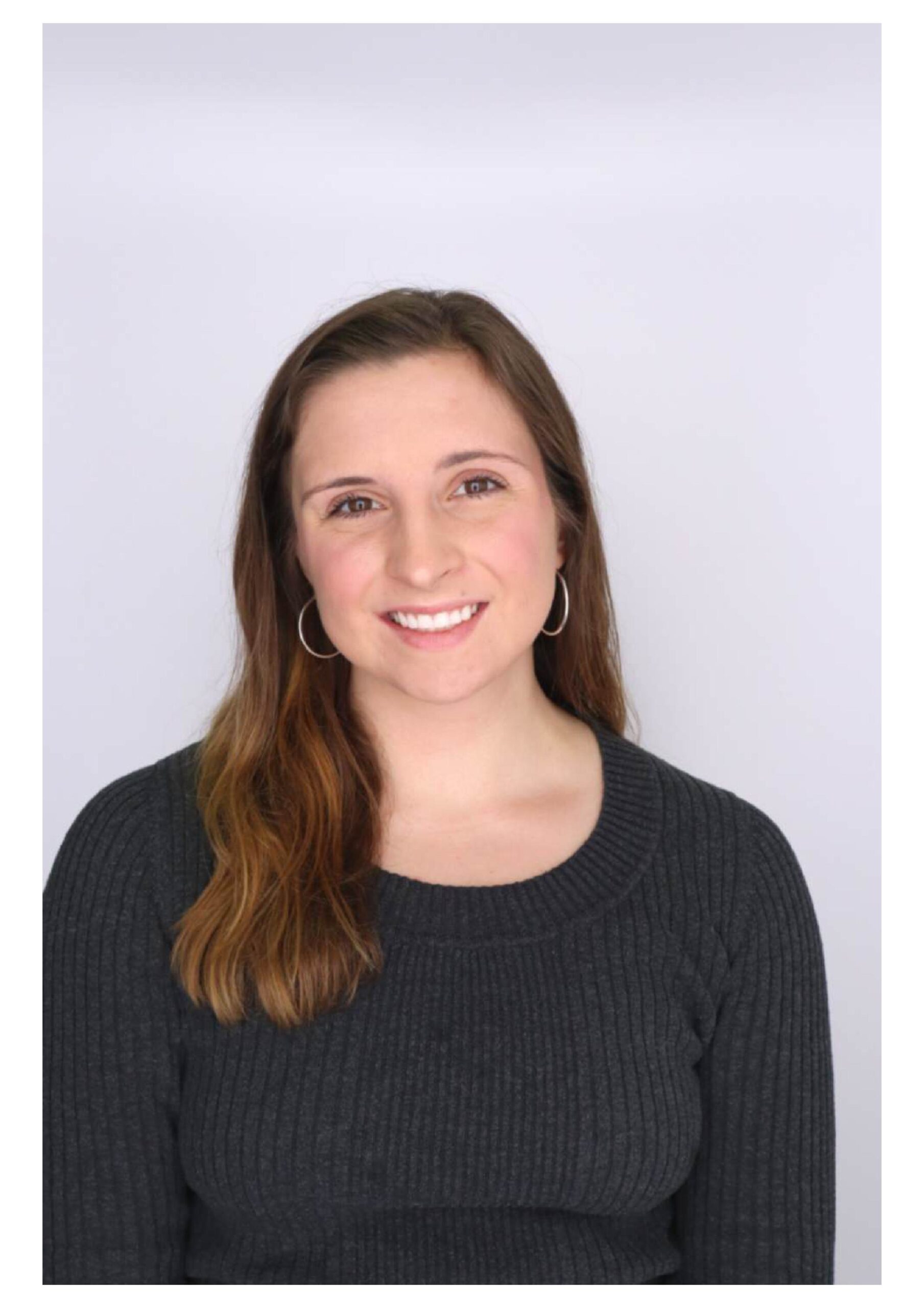Mentorship is the cornerstone of scientific research and can set the tone for a scientific career. Scientific careers are launched under the guidance of advisors, similar to an apprenticeship, often beginning in graduate school but sometimes even earlier. Given the stakes, students and early career researchers may find identifying a mentor intimidating. Programs are kicking off their graduate student recruitment efforts and a new generation of developmental cognitive neuroscientists will be seeking graduate school mentors. Thus, as January is National Mentoring Month, this is an excellent opportunity to discuss the process of finding and building mentorship relationships.
Four years ago, I embarked on identifying a graduate school mentor amidst a global pandemic. Programs were pivoting to conducting interviews remotely for the first time. I had envisioned a very different interview experience where I would have the opportunity to gauge the “vibe” of potential mentors and labs in-person. Through a screen, I was uncertain I would be able to get the same sense. I found myself agonizing over the decision over several sleepless nights because I felt unsure I could make such an important choice without ever meeting my mentor face-to-face. Fortunately, I made a great decision despite the circumstances. Not only did I choose an exceptional mentor conducting research compatible with my own research interests, but I landed in a program composed of a supportive and collaborative network of faculty who serve as mentors in their own right. I credit luck to a degree; but, upon reflection, I believe there are some guidelines that helped me identify a mentor and program that could support my career aspirations.
-
- Consulting current mentors: I have come to realize that the world of academia is surprisingly small and everybody seemingly has some connection to everyone else. For both graduate school and finding a full-time RA position after undergrad, I found that talking to professors or advisors offered insight into what mentors may be seeking in a mentee and how to best communicate my expectations and career goals.
- Talking to current mentees/students: In several instances, I reached out to graduate students or staff currently advised by a potential mentor. Current mentees often gave me a sense for what day-to-day experiences were like under their advisor. For example, our conversations offered insight into lab culture dynamics, whether the mentor took a more hands-on/hands-off approach, and how the mentor supported various career aspirations academia or otherwise.
- “Hashing it out” with others seeking a mentor: When I was on the cusp of my final decision for graduate school, a fellow lab coordinator in my department who was also interviewing for graduate school reached out who was also struggling to decide on a PhD advisor. We agreed to meet (over Zoom!) and just “hash out” our decision processes together. I honestly found this to be incredibly helpful to get/give feedback on the information we had gathered from interviews and guide each other through weighing our futures under potential mentors.
- Mentor/Mentee Match Programs: Academic societies sometimes offer mentor/mentee match programs between early career and established members. In fact, Flux Society offers this exact opportunity. I imagine I am not alone in feeling intimidated by the prospect of finding mentors beyond your own lab and building a network. Imposter syndrome can sneak up and make one question whether they are “wasting the established researcher’s time.” In most cases, it is just that – imposter syndrome. However, programs like the Mentee/Mentor match program are a great way to facilitate this process in building broader mentoring relationships with other developmental cognitive neuroscientists.
Importantly, the suggestions above are guidelines and a starting point. When I received mentorship training through the Simons’ Foundations’ Shenoy Undergraduate Research Fellowship in Neuroscience (SURFiN) program, I learned that the mentor/mentee relationship is both dynamic and personal. Mentees and mentors each have their own unique needs and expectations of the relationship. Thus, communication is a must between parties. Moreover, both SURFiN and my own advisor imparted that the mentor/mentee relationship is fluid and from undergraduate all the way to post-doctoral fellowship, the dynamics will change as young researchers progress. Ultimately, as developmental cognitive neuroscientists we have a deep appreciation for growth and change that come with human development. Likewise, we can view our mentor/mentee relationships similarly as a rewarding experience in our academic development that will change and evolve.
Article Written by:

Shannon Cahalan, PhD Student, Trainee Committee Member
George Washington University
